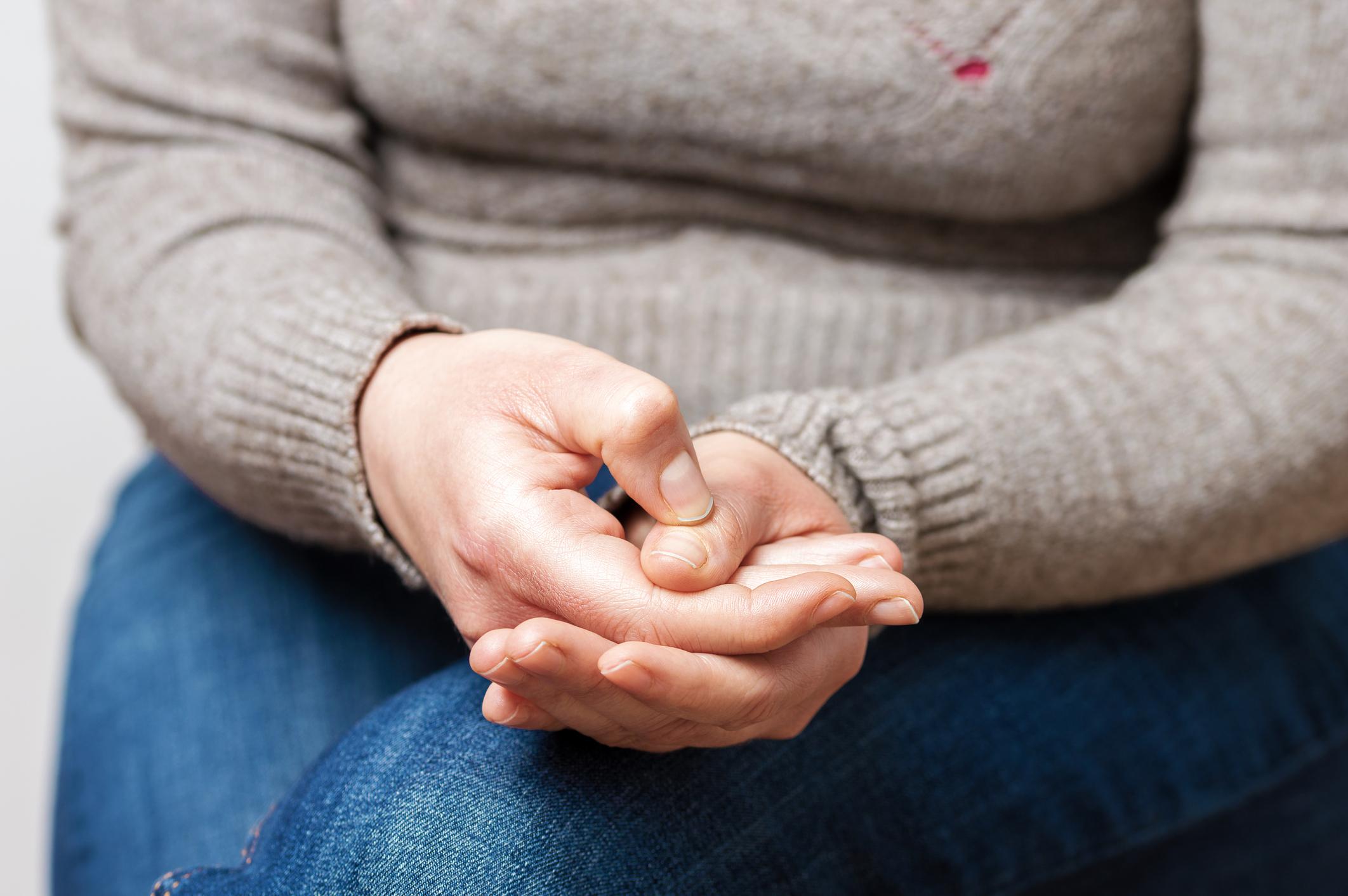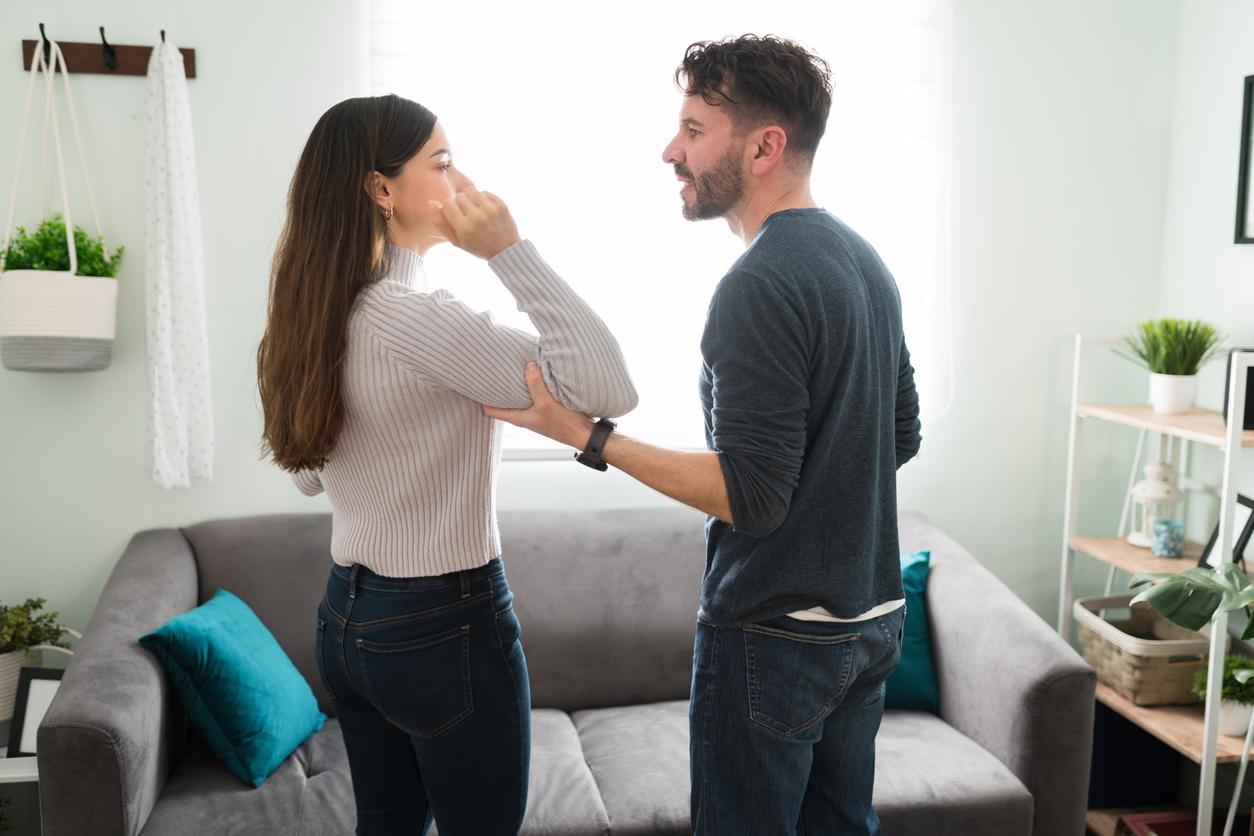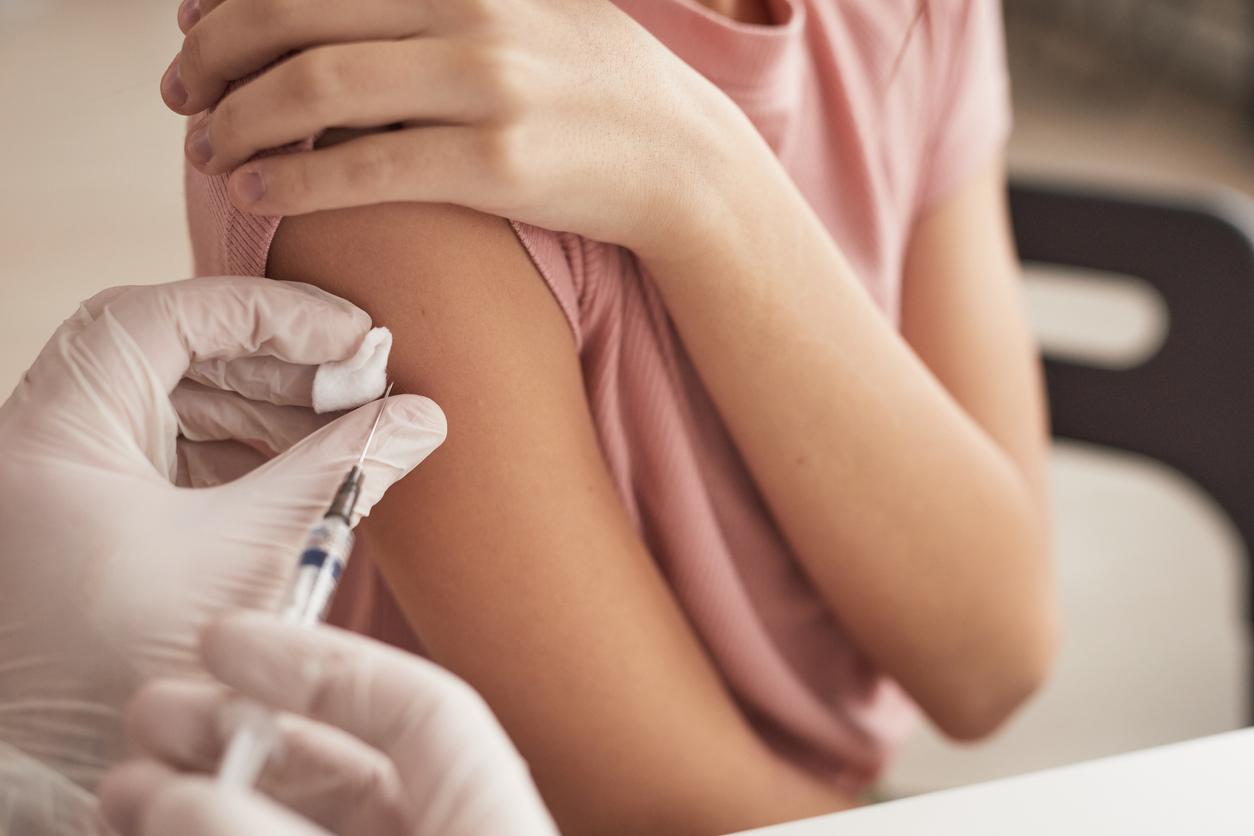The association Gynecology without Borders has set up a “women’s health violence” (VSF) platform which makes it possible to direct victims to health professionals trained in questions of domestic, sexual or even sexist violence.

- The association Gynecology without Borders has created the platform “violence santé femme” (VSF) which allows women victims of domestic violence to be directed to trained and committed health professionals.
- Over the period from 2011 to 2018, 213,000 women were victims of physical or sexual violence each year by their spouse or ex-spouse.
- A geolocated directory listing all the health professionals “committed to better care for victims of violence” is available on the platform.
Between 2011 and 2018, nearly 213,000 women were victims, each year, of physical or sexual violence on the part of their spouse or ex-spouse, according to an investigation report published by the Ministry of the Interior and Overseas in 2019. Among these women, 29% were between the ages of 18 and 29.
Better support for victims of violence
The role of health professionals is essential in welcoming women affected by different forms of violence. Unfortunately, they are not all trained in the care and support of victims of domestic, sexual, sexist or incestual violence.
However, women who are victims of violence require specific medical and medico-psychosocial care. To direct them to trained health professionals, the non-governmental organization (NGO) Gynecology without Borders, has developed the platform “women’s health violence” (VSF). This tool notably offers a geolocated directory of health professionals “voluntarily committed to better care for victims of violence”.
Victims of violence: tools intended for the training of health professionals
“We have designed this platform so that all women have access to local care that respects good practices, by trained and identified professionals. All health professionals, doctors, nurses, physiotherapists, pharmacists , midwives, dentists… are the first line to welcome and guide the victims. But not everyone knows how to welcome, listen, help, organize the right care. Our ambition was first to train health professionals , then to reference them and to reference the existing structures on which they could rely. Now, we are opening this tool to the victims (to whom can I turn?) or to their entourage”explained Richard Matis, President of the association Gynecology without Borders, in a press release.
The second objective of the platform is to support volunteer health professionals and train them on issues of violence against women, “by providing them with support tools and guidance to existing structures, geographically accessible to victims”. Health professionals can in particular consult “reflex sheets” of “behaviors to adopt” to support women affected by violence.















